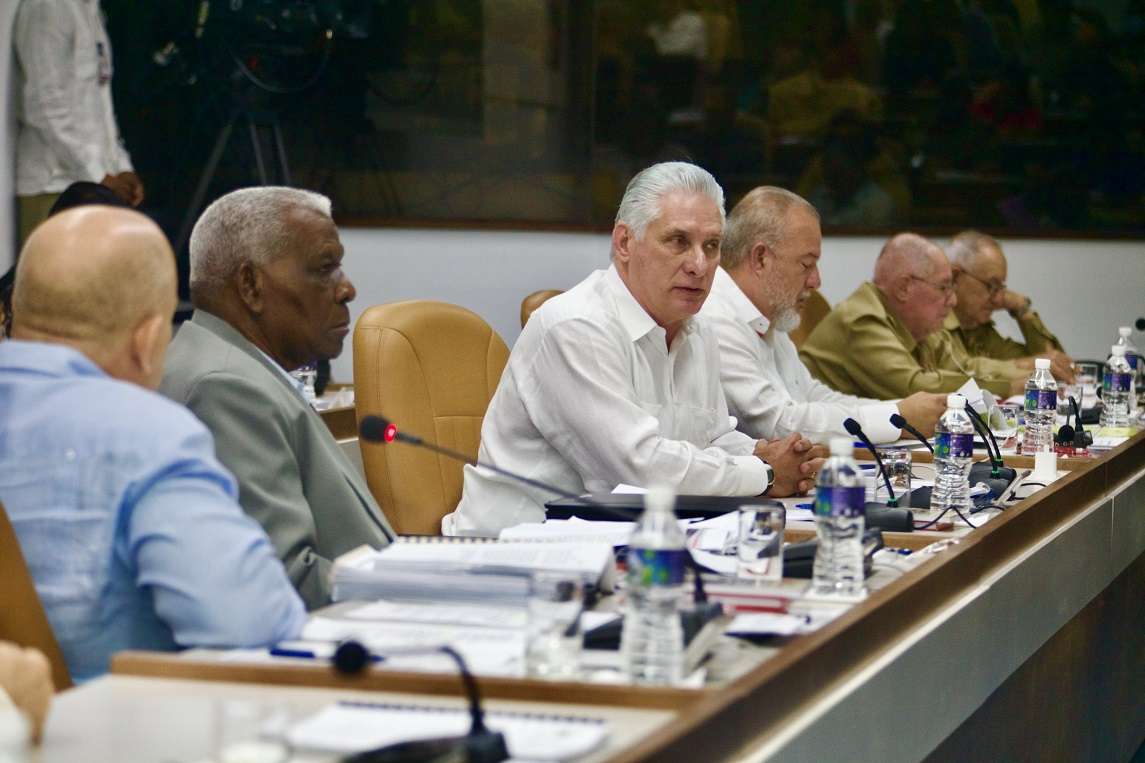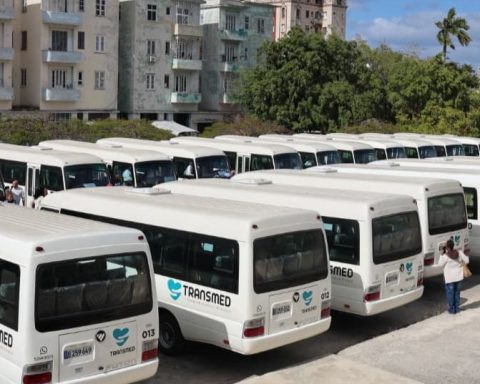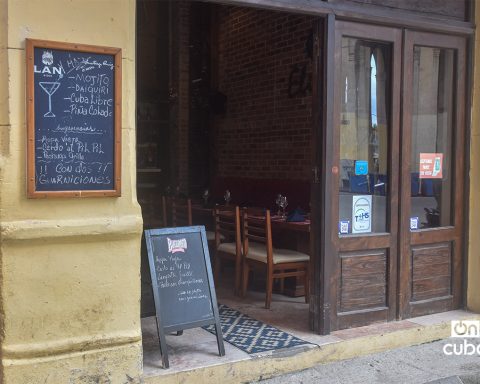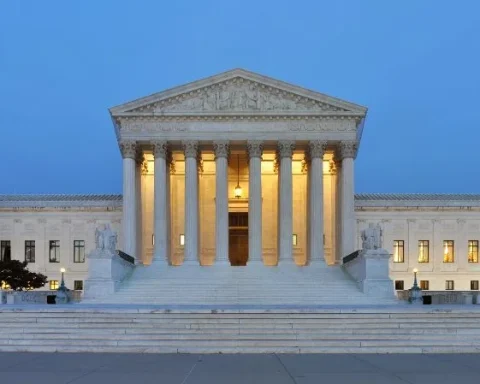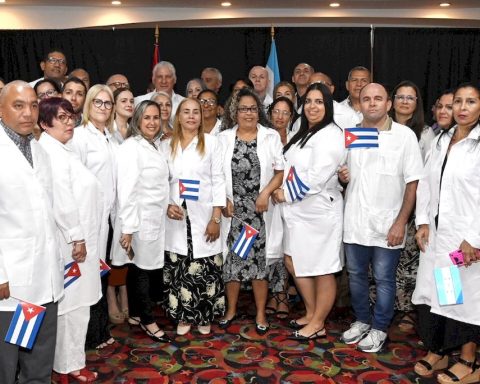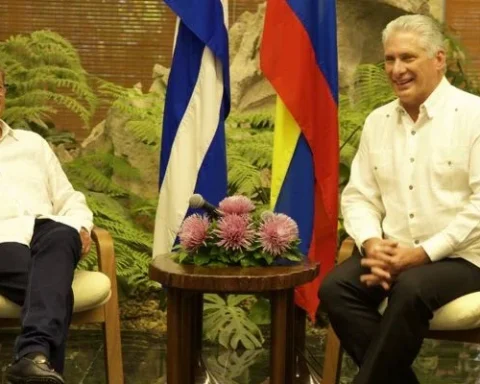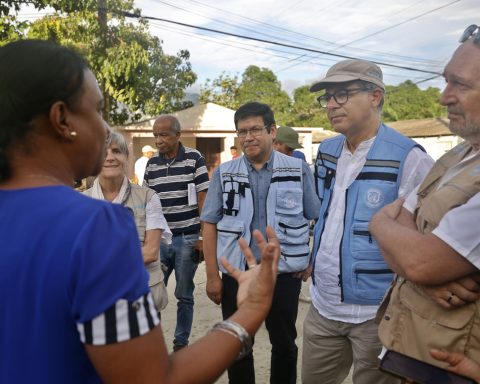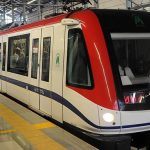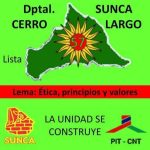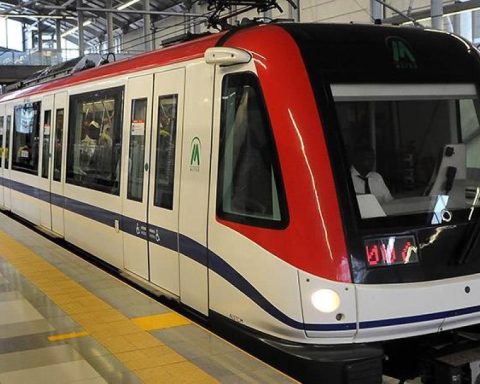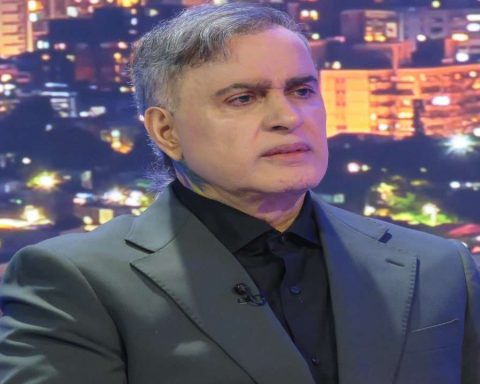The VI Plenum of the Central Committee of the Communist Party of Cuba (PCC), held this Tuesday in Havana, examined the serious current scenario of the cuban economywhich has caused “deterioration of infrastructures, shortages, deficiencies, and also social deterioration”, according to official media.
During the meeting, the president Miguel Diaz-Canel described as “wear” the behavior of electricity generation, exacerbated in the last two years by the constant output of the main thermoelectric plants and the fuel deficit.
Another issue addressed by the president was the impoverished agricultural production, which, he said, is an “imperative” to recover. For this, he considered it “urgent” to make investments, in addition to eliminating the chain of intermediaries in the commercialization that makes the merchandise more expensive on its journey from the field to the markets.
In addition, he marked as “priorities” in the face of the current crisis that the island is going through, the capture of foreign currency, achieving electro-energy stability, the quality and speed of foreign investment, and electronic commerce.
“At the moment, the National Security of the country is at stake,” warned the head of state, aforementioned by the newspaper Granma.
According to official information, Díaz-Canel, who also chairs the PCC, highlighted the importance of analyzing “the state of compliance with the Economic and Social Policy Guidelines of the Party and the Revolution” —the partisan guideline for the development of the country— , and insisted on the need to “move from speech to action”.
He also referred to the opinions of the Cuban population on the current situation of the country, in which, he acknowledged, the dissatisfaction is reflected “with what we do and have done, with the measures and the manner of their implementation.”
The “counts”
Experts such as the economist Pedro Monreal, however, consider that the style of “counting” the performance of the “guidelines” indicates the quagmire of the current design of economic policy in Cuba and the little definition of proposals for concrete and plausible solutions to the crisis. that crosses the island.
1/6 The VI Plenum of the Central Committee of the PCC announces that it will focus its analysis on compliance with the Economic and Social Policy Guidelines. It would be convenient to self-critically evaluate the results and abandon the practice of counting “compliances” with the guidelines pic.twitter.com/r0nKNnkmmY
— Pedro Monreal (@pmmonreal) May 23, 2023
A total of 480 state companies, recalls Monreal, closed 2022 with losses calculated at 20.9 billion pesos.
The specialist also referred to the failure of the so-called “Ordering Task” and his 2021 promise that state workers would be left in “better conditions than they are now.”
Among the main problems of the economy on the island, Monreal evaluated projected exports for 2023 below pre-pandemic levels and the food basket “based on imports.”
“A period of high inflation without compensation on the wage side, even if it is not a long period, would have a long-term negative effect on social inequality in Cuba, a politically ‘inflammatory’ issue that does not seem to be being addressed at the national level. essential,” he said.
Theory and practice in the Guidelines of economic and social policy
In terms of Tourism, Monreal recalled the failure to meet the level of visitors planned in 2022, with an estimated number of visitors in 2023 much lower than the level of 2019.
In addition, he referred to the low hotel occupancy rate and the absence of official data on the general level of foreign investment stimulated with excessive tax advantages with respect to national capital.
This Tuesday, the Communist Party convened the Second National Conference for next October, which will evaluate with a “critical sense” the fulfillment of the agreements of the 8th Congress.
